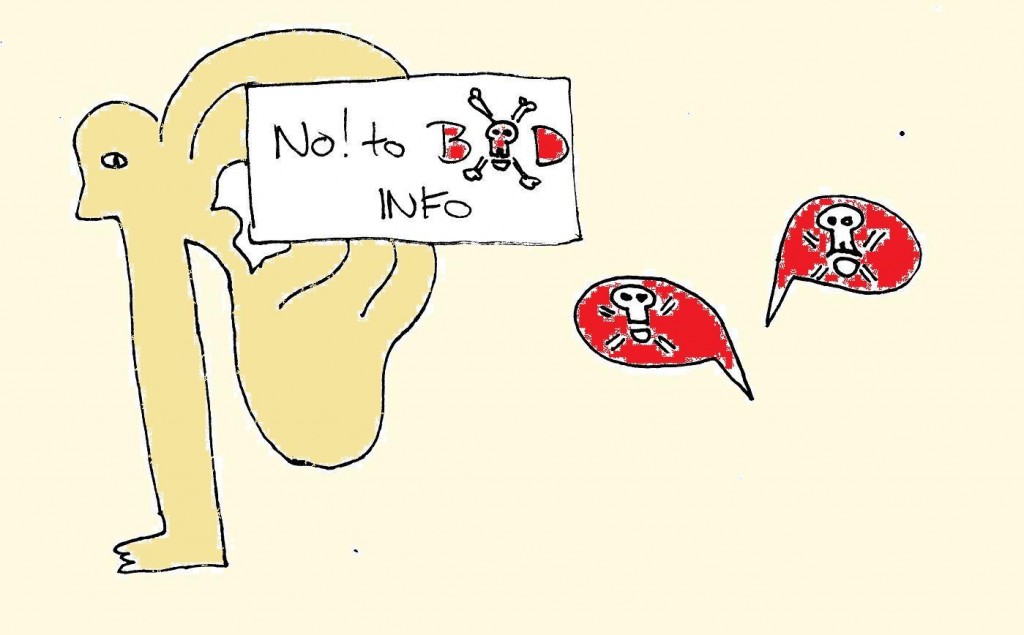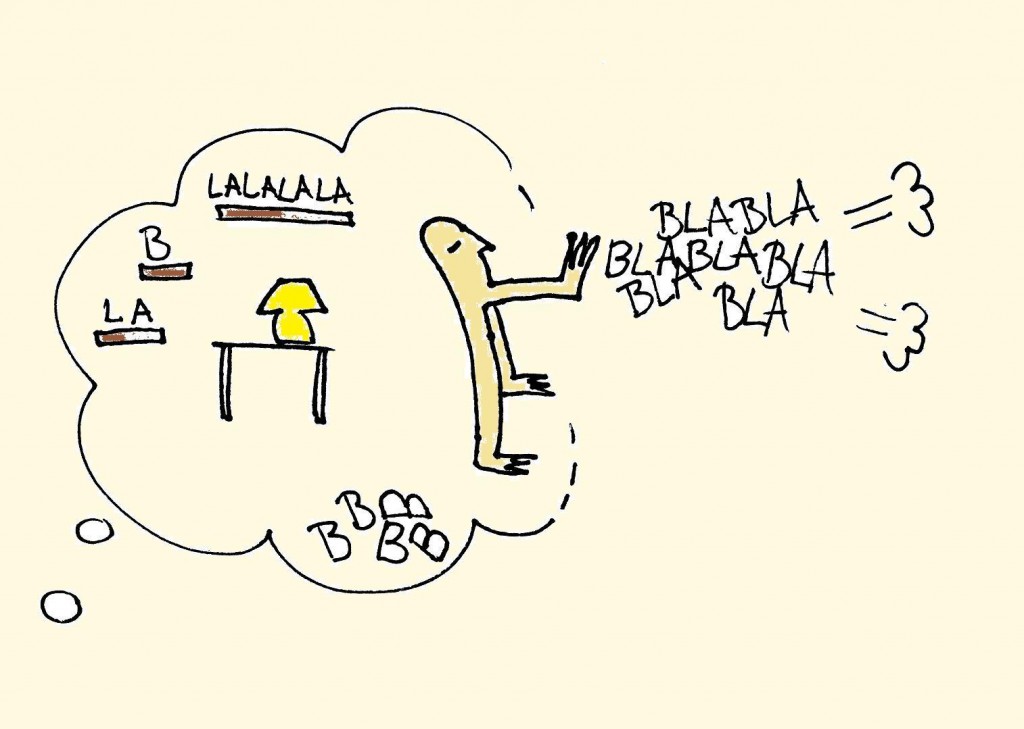Do you also feel we are expected to have an opinion on EVERYTHING? No matter how little we know about something, we are still expected to have a point of view. What’s more, we are bombarded by other people’s points of view. Talk about information overload! Information overload is the last thing we sensitives need. After all, we are already processing the world around is in a lot more depth and detail than most people. We are already battling information overload on a daily basis!
When it comes to battling information overload, what better place to look than information pro’s? The people who need to dig through piles of information as a job. Enter: the academic world.
I’m glad I’ve been rigorously trained as an academic. Sure, I had to stuff my intuition, mostly. Feelings were never considered an argument, and I met a lot of people who liked to argue a point just for the sake of winning a pointless discussion. But, I’m still glad.
Here’s two skills that I came away with and that are highly relevant for sensitives.
Skill 1: Identifying Sources
There is ONE skill I think everyone, but especially sensitives need to master. That skill is the art of identifying sources. In academic writing, ANY point you make always needs to be backed up by references. All the information you use to construct your argument needs to be linked to a who-what-when-which- where reference…who said what, when and in which context and where was this communicated to whom (and why?). Which, is just a detailed way to ensure that you run a basic background check on the information you consider reliable and also give others access to your information sources. “It’s the truth” is a big academic taboo. Your claims are reliable at most and this is a good attitude to take. There is always room for a better explanation.
I think we need to practice identifying sources in our daily lives. It’s handy for news and authorative claims (who is the management guy who apparently claims that I suck at my job, what did he say in which context and where was it communicated?) It’s useful for our very own, “personal” convictions and feelings: when did I first start believing that jogging is a good idea (who told me about it, when and in which context?). Have I always felt so strongly about olives or do my partner’s preferences have something to do with it? Or, what are my opinions on what it means to be a highly sensitive person, and where do those opinions come from? When you are being told something, do you uncritically accept it as true, or do you take a step back to run a little background check?
It’s good practice to trace what we believe and why. People (that’s us!) are vulnerable in the sense that it is so easy to start believing something simply because it seems logical or convincing. As sensitives, we pick up so much information that – should we omit practicing any kind of critical awareness – we’ll end up with opinions and beliefs that fluctuate like a voting poll, a sure-fire way to drive ourselves crazy!
Skill 2: Saying No to Bad Info
 Another thing academics do: dismiss info that comes from dubious sources. Do the same. Ignore / immediately delete any incoming info that is not trustworthy. It will dramatically cut down on your information input. Only keep the best sources of thought, feeling and sensation. That way, your insides will stay neat as a small-town library (instead of unsavioury and chaotic as the crowded office of a mad professor!).
Another thing academics do: dismiss info that comes from dubious sources. Do the same. Ignore / immediately delete any incoming info that is not trustworthy. It will dramatically cut down on your information input. Only keep the best sources of thought, feeling and sensation. That way, your insides will stay neat as a small-town library (instead of unsavioury and chaotic as the crowded office of a mad professor!).
Most of the time, people are not really talking about you, they are rather indirectly addressing themselves. (delete!)
So, replace the “sounds right, must be true attitude” with “really? Now let’s see, where THAT is coming from?” Doing so, you’ll gain a whole new perspective on the things in which you place your trust, and the world will be a lot less overwhelming. Most importantly, you’ll start to feel that most-elusive of things: your boundary. It is not so much a place as it is a dinstinction.
 The Summing-it-up Metaphor: Border Patrolling
The Summing-it-up Metaphor: Border Patrolling
In every information exchange you can decide whether you let a piece of information be “foreign” or allow it to start the process of “naturalization”. The latter of which – in this context- effectively means: ‘allowing it to become a part of you’ (a.k.a. accepting it as ‘true for you’). You decide whether something you are told is trustworthy. There is no “truth” label for information, you have to examine it and decide, much like border officials need to decide whether someone can be safely admitted into the country. Most of what good border officials do is just to ask questions: who are you, where are you from, where are you going and what’s the purpose of the visit, and what are you carrying in your luggage and why (that’s a lot like academic referencing!)…and only when the answers to their questions are satisfactory does the visitor receive the needed stamp. You’re holding the stamp! Give yourself permission to use it critically.
(And if you have doubts…hand out a temporary tourist-visa before you decide on any kind of permanent status)




















Comments on this entry are closed.